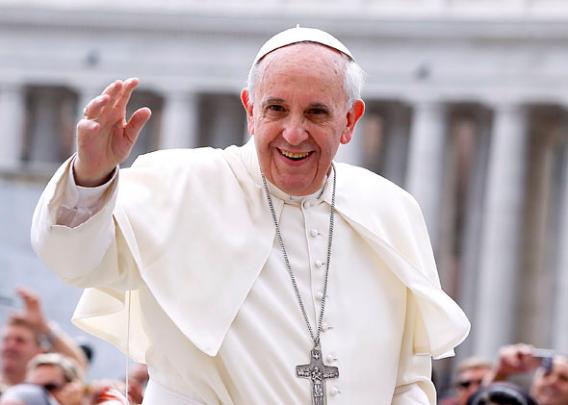The Kenyan tourism industry that was recently rocked by terrorist threats have received a welcome boost by winning nine prestigious awards at the World Travel Awards ceremony held in Seychelles this weekend.
The 22nd travel industry awards, often referred as the 'oscars' equivalent in this category was held at the Kempinski resort in Seychelles and attended by many of the top players of the tourism industry.
The Maasai Mara National Reserve in the Narok County was voted Africa's leading national park, overcoming Tanzania's Serengeti National Park, South Africa's Kruger National Park.
The Maasai Mara National Reserve, famous for its large population of Maasai lions, Tanzanian cheetahs and African leopards and the annual migration of the Thomson's gazelle, zebra and wildebeest to and from the contiguous Serengeti National Park every year has been a popular attraction among wildlife enthusiasts and adventure lovers and the award will only increase its popularity.
For the fourth time consecutively, the Kenya Travel board has emerged as the leading tourism board in Africa in the WTA and came only a week after the British government removed the travel ban against visiting some parts of Kenya coast, including Kwale, Mombasa and Kilifi countries. The managing director of the Kenya Travel board, Muriithi Ndegwathe welcomed the award and dedicated the board's success to the support and staff from the ministry as well as private sector.
Tourism Principal Secretary Ibrahim Mohammed, after receiving the awards hailed the day as a great one for Kenyan tourism as many of its tourism firms, hotels, lodges received top awards in the ceremony and said that the sterling performances by the industry will help in establishing the country’s brand equity in the world.
The Diani Beach, located in the Kwale County was voted Africa's leading beach destination again. The stunning white sandy beach, no less than a topical paradise received the award by beating South Africa's Cape Town and Egypt's Sharm el-Sheikh.
Moreover, the Mombasa port was voted as Africa's leading cruise port after overcoming stiff competition from Cape Town, Port Elizabeth and Durban, all of them from South Africa. Kenya Airways, the national carrier was selected Africa's leading airline in Business Class category. The other airlines in reckoning were Egypt Air, South African Airways, and Ethiopian Airlines. Also, the Twiga Tours won both Africa's responsible tourism company and Africa's leading luxury safari company awards.
Apart from these, the Diani Reef Resort and Spa, and the Finch Hattons were voted as Africa's leading spa resort and Africa's leading safari lodge respectively. Sanctuary Olonana was voted as Africa's leading Eco-Lodge.
The Nairobi Serena triumphed as Africa's leading business hotel and was ranked Africa's green hotel after competing with Phantom Eco-reserve of South Africa and Hilton Hurghuda Plaza of Egypt.
Kenya shines in World Travel Award
04:47
Entertainment



